|
Welcome to ACME lab! A Creativity Machine Environment! We like the acronym of ACME, since it means the highest point, and also refers to the fictional company in Looney Tunes, which is A Company that Makes Everything! Why creativity machine? 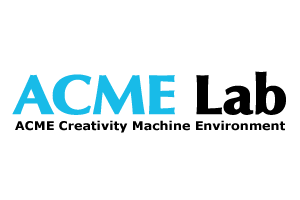 |
We explore the emerging area of Animal-Computer Interaction focusing on interfaces for inter-species communication and on the design and evaluation of interactive technology for users of multiple species. 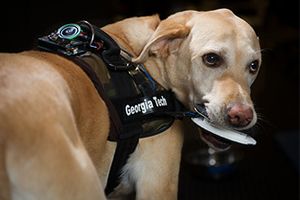 |
Students are encouraged to take advantage of the App Lab regardless of their major. Open to any GT student interested in using its resources. Clubs and classes are encouraged to take advantage of the resources without disrupting individuals working there as well. 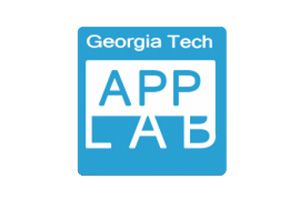 |
Lab activities focus on understanding how to build interactive computing environments that directly augment a user's senses with computer-generated material.  |
|
Generally, people spend a good amount of time in their home performing everyday activities like: sleeping, eating, cooking, relaxing, entertaining, and so on; thus, it comes as no surprise that the home plays a key role in our health, lifestyle, and well-being.  |
Advanced bio-technologies such as gene expression microarrays, next-generation sequencing, proteomics, molecular imaging, metabolomics, and lipidomics have expedited research in molecular biology and molecular medicine. 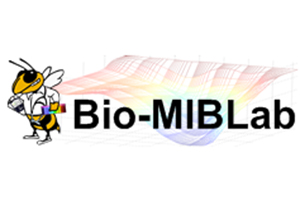 |
The Brain Lab explores innovative ways of accomplishing human-computer interaction through biometric inputs. Biometric interfaces identify and measure small changes in a person's behavior or physiological responses to certain stimuli.  |
|
|
The Center for the Development and Application of Internet of Things Technologies (CDAIT) fosters the development of interdisciplinary Internet of Things (IoT) research and education that bridges industry partners with Georgia Tech researchers and faculty as well as other collaborators who share |
CIDI advocates for usability, inclusivity, and accessibility for all. Our center collaborates with colleagues, friends, designers, and innovators to expand the awareness around the importance of incorporating accessibility into design.  |
The comp.social lab focuses on the design and analysis of social media. According to their website they "like puppies, mixed methods and new students (particularly MS)." 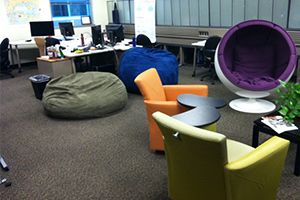 |
|
|
The Computational Enterprise Science Lab focuses on the design, analysis, and management of complex enterprise systems (e.g. organizations, supply chains, business ecosystems) using information visualization, modeling/simulation, and system science approaches. 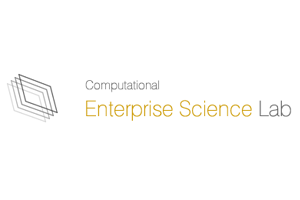 |
The Computational Perception Laboratory (CPL) was established to explore and develop the next generation of intelligent machines, interfaces, and environments for modeling, perceiving, recognizing, and interacting with humans and for all forms of behavior analysis from data. 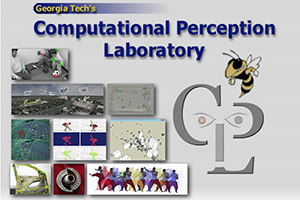 |


